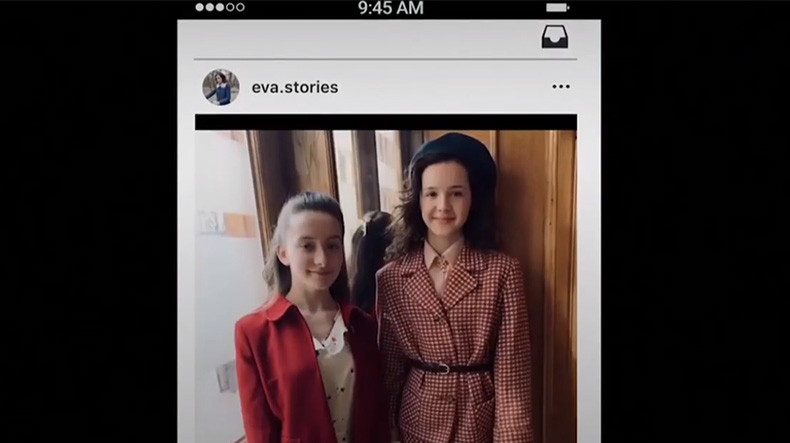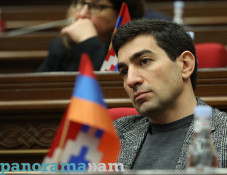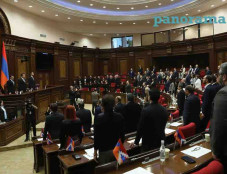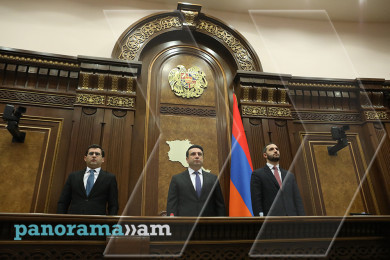
Teenage Holocaust victim's diary comes to life on Instagram
An Instagram story about 13-year-old Eva Heymann, a Hungarian Jew who was murdered in Auschwitz, has gone viral. The creators want to bring Holocaust remembrance to a social media generation, but not all are pleased, Deutsche Welle reports.
"Today I turn 13! Getting ice cream with my cousin!" Geotag: Park. Hashtag: #thisis13.
The words in English and Hebrew sit at the bottom of the shaky hand-filmed phone video. Girls giggle audibly as they run towards an ice cream cart — and past a giant swastika flag.
The camera turns for a selfie video and we meet Eva, the protagonist of eva.stories, an Instagram video project that tells the real-life story of Eva Heymann — a Hungarian Jewish girl who danced, dreamed of being a press photographer and was sent to Auschwitz in June 1944, where she was murdered in October.
Starting on February 13, 1944 — her 13th birthday — and going up through her deportation, Eva kept a diary. She is often referred to as the Hungarian Anne Frank.
It's this text that eva.stories has brought to life through actors in 70 short, mobile-phone-style film clips, as if Eva had a cell phone during the Nazi occupation of Hungary. The clips were released as disappearing videos over a 24-hour period on May 1 and 2 to commemorate Yom HaShoah, or Israel's Holocaust Remembrance Day, when the country remembers the six million Jews killed by Nazi Germany during World War II.
Eva's videos are also available on the account landing page. Underneath them, the promotion image seen on billboards and building sides across Israel: A hand holding up a cell phone against black barbed wire and Instagram's trademark fading sunset colors, and the question: "What if a girl in the Holocaust had Instagram?"
It's a provocative combination: a social media platform with a reputation for self-focused, superficial entertainment and a defining tragedy of the 20th century whose importance, many fear, is already being trivialized by European far-right parties and could be further reduced as the last generation of survivors dies.
But the creators of the project, the father-daughter team of high-tech millionaire Mati Kochavi, 57, and his 27-year-old daughter, Maya, see it as an ideal way to bring a younger generation in direct contact with memories of the Holocaust.
"In the digital age, when the attention span is low but the thrill span is high, and given the dwindling number of survivors, it is imperative to find new models of testimony and memory," Mati Kochavi said in a statement. Eva.stories wants "to use social media to create a new genre of memory, and we hope in this way to bring viewers close to Eva's life and to the depths of her soul," he added.
Newsfeed
Videos






























